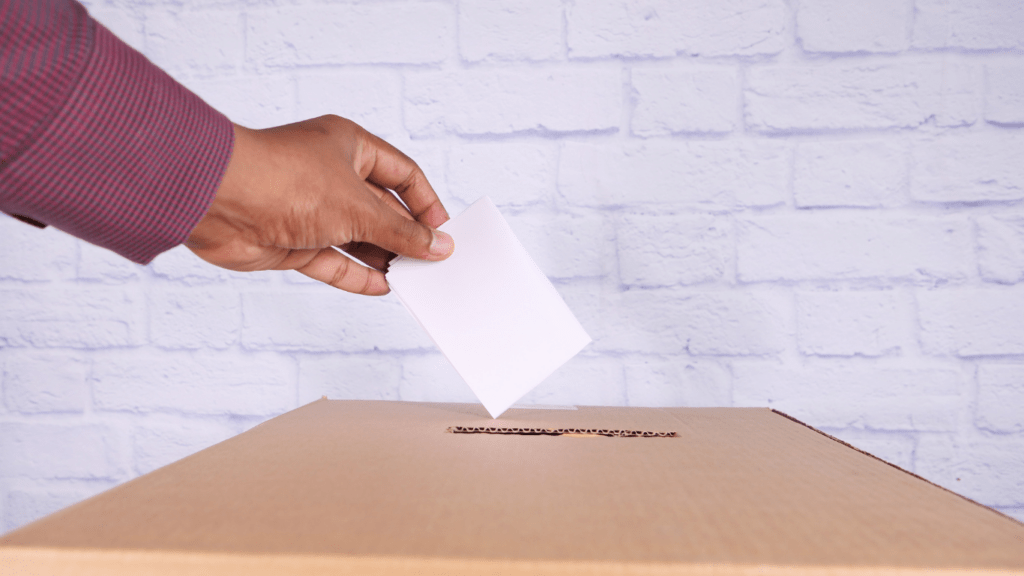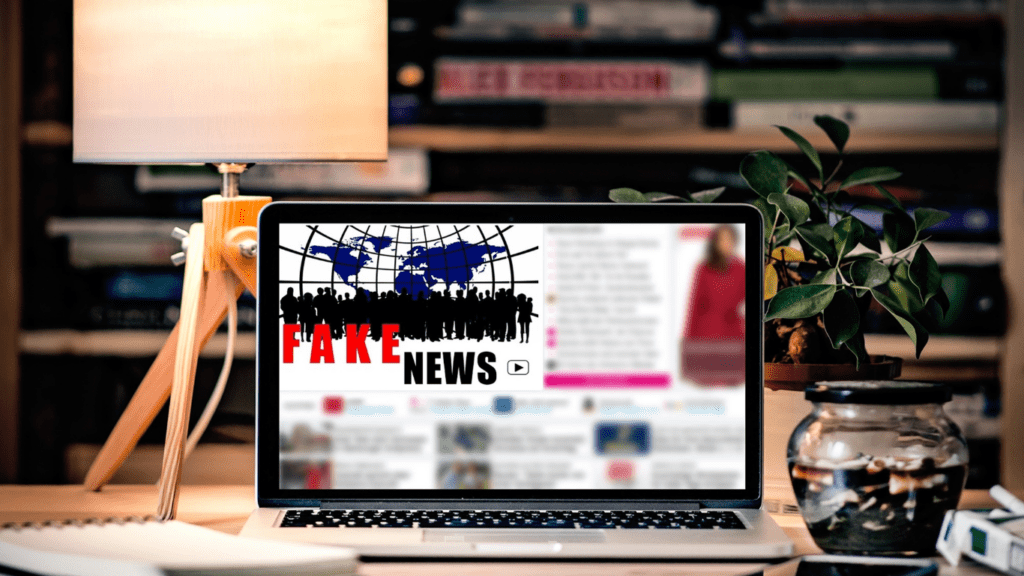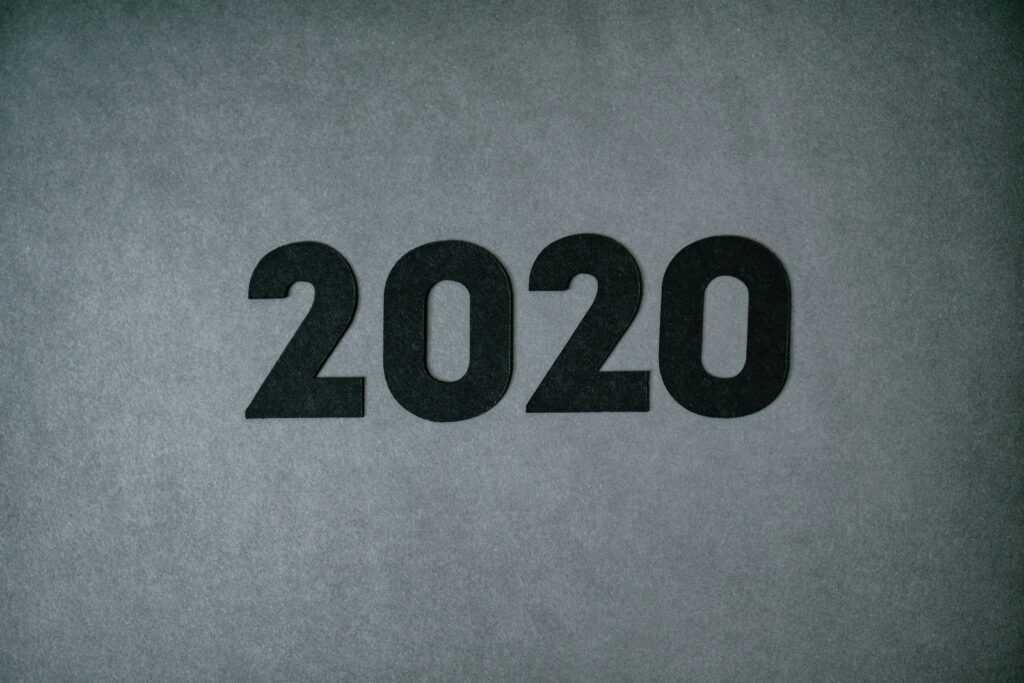In today’s interconnected world, social media has emerged as a powerful force shaping the landscape of global politics. From sparking revolutions to influencing election outcomes, the impact of social media on political discourse cannot be understated. As I delve into the intricate web of interactions between online platforms and political decision-making, it becomes evident that social media has become a key player in shaping public opinion and policy agendas on a global scale.
As I navigate through the complexities of this digital age, I uncover the ways in which social media platforms have revolutionized the dynamics of political communication and diplomacy. The ability to disseminate information instantaneously and mobilize masses with a single post has redefined the way governments engage with their citizens and the international community. Join me on this exploration of how social media is redefining the boundaries of traditional political influence and power dynamics worldwide.
The Rise of Social Media in Politics
Social media’s emergence in politics has transformed the landscape of global governance. It has redefined how political communication, public engagement, and decision-making processes occur in today’s interconnected world.
The Evolution of Political Communication
With the rise of social media, political communication has undergone a significant transformation. It has shifted from traditional top-down approaches to more interactive and decentralized forms of engagement. Politicians and leaders now directly connect with constituents, share real-time updates, and gather feedback instantaneously through platforms like Twitter and Facebook.
Key Moments in Social Media and Political History
Several pivotal moments in history highlight the profound impact of social media on politics. For instance, the Arab Spring uprisings in the early 2010s were largely mobilized and coordinated through social networking sites, demonstrating the power of digital platforms in driving political change. Additionally, the 2016 U.S. presidential election showcased how social media could influence public opinion, shape electoral outcomes, and spark debates on disinformation and fake news.
Analyzing the Impact of Social Media on Elections
Social media has profoundly altered the dynamics of electoral processes worldwide, playing a pivotal role in shaping voter perceptions and campaign strategies. Let’s explore key aspects that illustrate the significant influence of social media on elections.
Case Studies from Recent Elections

- 2016 US Presidential Election: During the 2016 US presidential election, social media platforms like Facebook and Twitter were instrumental in disseminating information, shaping public discourse, and targeting specific voter segments. The use of targeted ads and viral content influenced voter opinions and highlighted the power of microtargeting in political campaigns.
- Brexit Referendum: The Brexit referendum in the UK showcased the impact of social media on a major political decision. Both sides of the campaign utilized platforms like Instagram, YouTube, and Twitter to reach a wide audience, disseminate information, and mobilize supporters. The spread of misinformation and polarizing content on social media contributed to shaping voter sentiment and influencing the final outcome.
- Microtargeting: Political campaigns leverage social media platforms to microtarget specific demographics based on user data and behavior. By tailoring messages to individual preferences and beliefs, candidates can effectively reach and engage with voters, thereby influencing their political choices.
- Engagement Strategies: Social media enables political parties to interact directly with voters, fostering a sense of community and participation. Live streams, Q&A sessions, and interactive posts allow candidates to humanize their campaigns, build trust with voters, and address pressing issues in real-time, creating a more engaging and transparent electoral process.
The Role of Social Media in Political Activism
Social media plays a pivotal role in shaping political activism globally, revolutionizing how movements mobilize supporters and influence change.
Mobilizing Supporters Through Platforms
Engagement on social media platforms empowers political activists to mobilize supporters effectively. By leveraging hashtags, live videos, and viral content, movements can reach a vast audience, rallying individuals behind causes within minutes.
Examples of Successful Online Activism
Numerous instances showcase the power of online activism in driving real-world impact. For example, the #BlackLivesMatter movement gained global traction, leading to policy reforms and increased awareness of racial injustice. Similarly, the #MeToo campaign shed light on sexual harassment and empowered survivors to speak out, prompting societal changes and accountability.
Challenges and Criticisms of Social Media in Politics
Social media’s impact on global politics is undeniable, but it also comes with its fair share of challenges and criticisms that warrant attention and scrutiny.
Issues of Misinformation and Fake News
Misinformation and fake news are pervasive on social media platforms, amplifying during critical political events. The dissemination of false information can manipulate public opinion, mislead voters, and undermine the integrity of democratic processes. The virality and echo chamber effect of social media exacerbate the spread of misinformation, making it difficult to discern truth from falsehood. Addressing this challenge requires a multifaceted approach involving fact-checking mechanisms, media literacy campaigns, and platform accountability to promote trustworthy information dissemination.
Ethical Considerations and Privacy Concerns
Ethical considerations and privacy concerns arise due to the vast amount of personal data that social media platforms collect and utilize for political purposes. Political actors may exploit user data for targeted messaging, micro-targeting of voters, and influencing electoral outcomes, raising ethical dilemmas regarding data privacy and manipulation. The lack of stringent regulations and transparency in data usage by social media companies heightens these ethical concerns, emphasizing the need for comprehensive legislation to safeguard user privacy and ensure ethical practices in political engagements on digital platforms.


